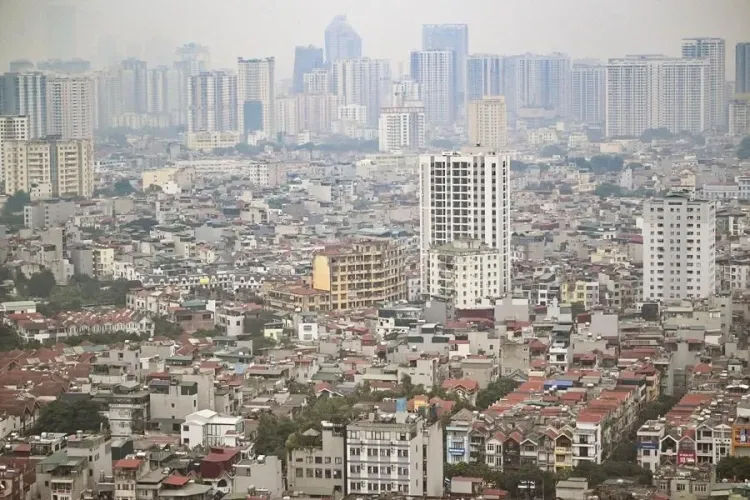Is Vietnam's Health Ministry Prepared for a COVID-19 Surge?

Synopsis
Key Takeaways
- Hospitals are being urged to prepare for a potential COVID-19 surge.
- Infection prevention measures are to be strengthened.
- Protecting vulnerable populations is a priority.
- Public reminders to stay vigilant and follow health guidelines.
- Gradual rise in COVID-19 cases is being monitored.
Hanoi, May 20 (NationPress) The Vietnamese Ministry of Health has issued directives to hospitals nationwide to ensure they have the appropriate facilities, isolation zones, and medical resources ready to manage a potential increase in COVID-19 cases, as reported by state media on Tuesday.
Healthcare institutions have been instructed to enhance infection control protocols, particularly those aimed at respiratory transmission, to reduce the risk of virus spread within medical settings, according to the Vietnam News Agency.
Additionally, the ministry highlighted the importance of safeguarding vulnerable populations, which include pregnant women, individuals with pre-existing health conditions, those suffering from severe illnesses, and the elderly.
As of early this year, Vietnam has documented 148 new COVID-19 cases across 27 provinces and cities, as per reports from the ministry and Xinhua News Agency.
On May 14, the Vietnamese Ministry of Health called on the public to stay alert and continue adhering to COVID-19 prevention strategies, given the rising case numbers in several regions worldwide.
This advisory recommends preventive actions such as wearing face masks in crowded places and steering clear of large gatherings, coinciding with a minor increase in domestic infections and escalating global apprehension regarding the emergence of new subvariants, especially in neighboring countries like Thailand.
While there have not been significant outbreaks, the ministry has observed a gradual weekly increase in cases over the past three weeks, averaging 20 new infections each week.
Health authorities in Vietnam have cautioned that the number of new infections might rise in the forthcoming weeks, particularly following recent holidays characterized by extensive travel and social interactions.
The World Health Organization describes COVID-19 as an infectious disease caused by the SARS-CoV-2 virus.
The majority of individuals infected with the virus will experience mild to moderate respiratory symptoms and recover without specialized treatment. However, some may develop severe illness requiring medical intervention. Older adults and those with underlying health issues such as cardiovascular disease, diabetes, chronic respiratory ailments, or cancer are at a higher risk for severe outcomes. Anyone, regardless of age, can contract COVID-19 and become seriously ill or even die.
The most effective strategy to prevent and slow the transmission is to be well-informed about the disease and its transmission methods. Protect yourself and others from infection by maintaining a distance of at least one meter from others, wearing a properly fitted mask, and frequently washing your hands or using an alcohol-based sanitizer. Get vaccinated when eligible and adhere to local guidelines.
COVID-19 can spread through small liquid particles emitted from an infected person’s mouth or nose when they cough, sneeze, talk, sing, or breathe. These particles vary in size from larger respiratory droplets to smaller aerosols. It is crucial to practice respiratory etiquette, such as coughing into a flexed elbow, and to stay home and self-isolate until recovery if feeling unwell.









